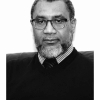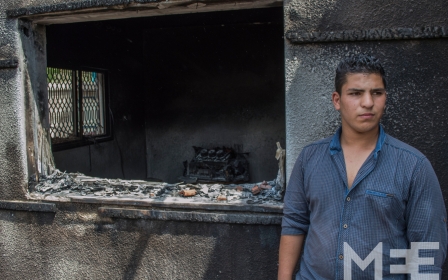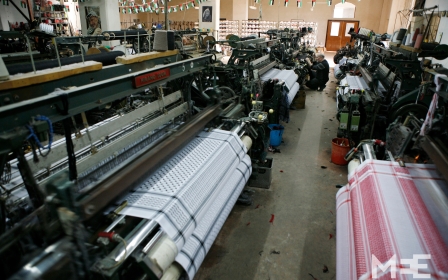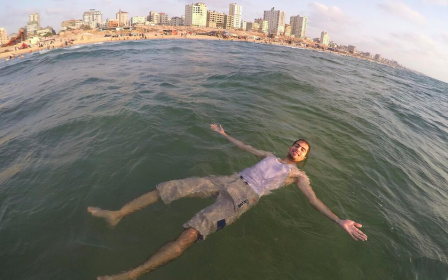Latin America and Palestine have shared interests, so let’s build on them
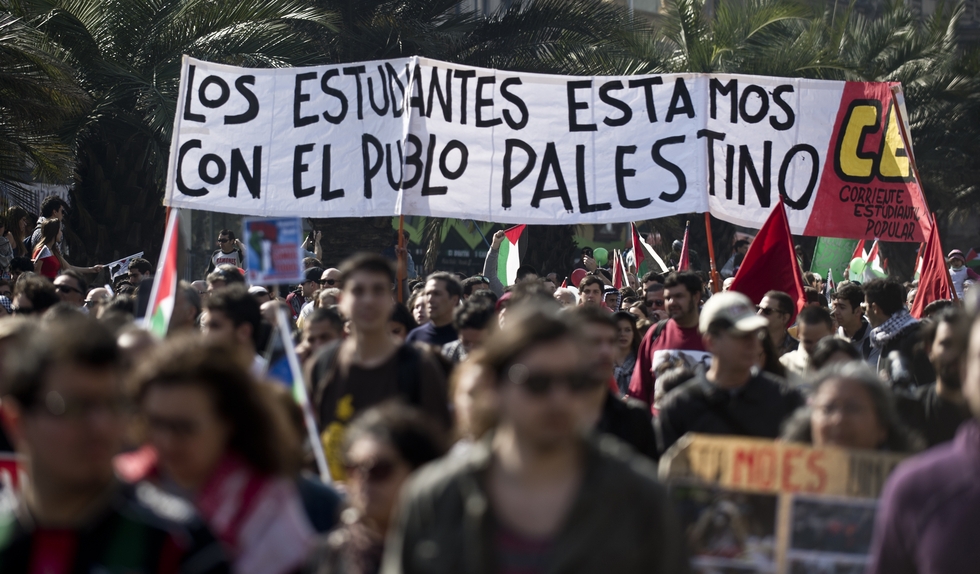
This weekend, Middle East Monitor (MEMO) will be hosting an international conference on Palestine and Latin America around the theme “Building solidarity for the 21st century.” Though not the first of its kind, this event is convened at an important juncture in the history of the people of both regions, emphasising a common destiny and shared interests; for more than a century they have shared a common yearning for freedom and true independence.
Ever since the early 20th century, Palestinians have migrated and settled throughout Latin America. The process was accelerated after the Nakba of 1948 when three-quarters of the Palestinian population were dispossessed of their land and forced into exile in an act of ethnic cleansing that continues to this day.
There are now an estimated 700,000 people of Palestinian descent living in Latin America. They constitute the largest concentration of Palestinians outside the Arab world and are in Chile and Honduras in particular.
In recent years, a number of Palestinians have risen to the highest ranks of political office in their adopted countries: Carlos Flores Facuss, President of Honduras from 1998 to 2002; Elas Saca Gonzalez, President of El Salvador from 2004 to 2009; Said Wilbert Musa, Prime Minister of Belize from 1998 to 2008; and Yehude Simon Munaro, Prime Minister of Peru from 2008 to 2009.
Against this backdrop it came as no surprise to see Latin American countries showing exceptional support for the Palestinians as they struggle to rid themselves of Zionist colonialism. That support has been manifested in various ways, including most notably the recognition of Palestine’s statehood at the UN.
Similarly, there has been a huge outpouring of official and popular support across the region for the Palestinians in the Gaza Strip both during and after the series of Israeli assaults against the coastal enclave from 2008 onwards. Every successive attack brought forth waves of solidarity in Latin American countries, with some going so far as to expel Israeli diplomats and recall their ambassadors from Tel Aviv.
As the international community edges towards an increasingly multi-polar world and the emergence of the Global South in the international arena, those powers that have long dominated Israeli-Palestinian diplomacy are looking increasingly redundant. The importance of the Global South has been exemplified in particular by involvement with and support for Palestine in international forums.
The MEMO conference seeks to provide an understanding of the past and present relationship between Latin America and Palestine, explore how this relationship can be developed, and look into what impact it will have on the Palestine question.
On a more practical level, the conference aims to foster greater Latin American-European-Palestinian collaboration in civil society, politics and media. And equally, to improve understanding of 21st century transformations taking place in the Latin American and Palestinian struggles.
Then there is the issue of governance. It is here that the Palestine experience is unique. The national authority which was set up after the 1993 Oslo accords assumed the ceremonial trappings of independence, yet it has had no sovereign control over the area in which it functions. Since its status was upgraded to non-member observer status Palestine has become, de jure, a state under occupation. All attempts by the Palestinians to end the brutal military occupation have been thwarted by American and European support for Israel.
There may though be lessons for the Palestinians and their supporters to learn from the Latin American experience. The decline of US hegemony in Latin America was hastened by the advent of China as a major trading partner in the region; Chinese trade was worth $180 billion in 2010, increasing eighteen-fold from 2000. At the same time US exports to the region dropped from 55 per cent in 2000 to 32 per cent in 2009. What would the future be if US influence in the Middle East is supplanted similarly?
In 2005, President Luíz Inácio da Silva called for a summit of South American and Arab countries in Brazil. Most Arab states, especially those aligned closely with Washington, did not show up.
It would thus be an achievement if our conference could prepare the ground for such collaboration, not least as senior diplomats and politicians from a number of countries will be participating this weekend. The revival of this project could well serve as a mechanism to help Palestine.
One of the means adopted by the new left to reduce US influence in Latin America has been the formation of regional groupings of various kinds. In this way, they have managed to bypass the moribund Organisation of American States (OAS). Perhaps Arab countries should explore similar formations since their dysfunctional regional bodies have failed to become effective vehicles for change.
MEMO’s conference will not be the last of its kind. It can not only set the stage for others in the future but also build on previous efforts. In 1984, the Palestinian Club of Chile and the Federation of Brazilian-Palestinian Associations called for the first congress of Palestinian entities from Latin America and the Caribbean. That led to the creation of the Latin American Confederation of Palestinian Institutions (COPLAC).
More than anything, we hope that this undertaking by MEMO will provide for the exchange of experiences and the activation of a long term dialogue that will secure the national rights of the people of both Latin America and Palestine.
- Dr Daud Abdullah is the director of the Middle East Monitor (MEMO) in London.
The views expressed in this article belong to the author and do not necessarily reflect the editorial policy of Middle East Eye.
Photo: A demonstration outside the La Moneda presidential palace in Santiago on 9 August, 2014, to protest against Israel's military campaign in Gaza and show support for the Palestinian people (AFP)
New MEE newsletter: Jerusalem Dispatch
Sign up to get the latest insights and analysis on Israel-Palestine, alongside Turkey Unpacked and other MEE newsletters
Middle East Eye delivers independent and unrivalled coverage and analysis of the Middle East, North Africa and beyond. To learn more about republishing this content and the associated fees, please fill out this form. More about MEE can be found here.


